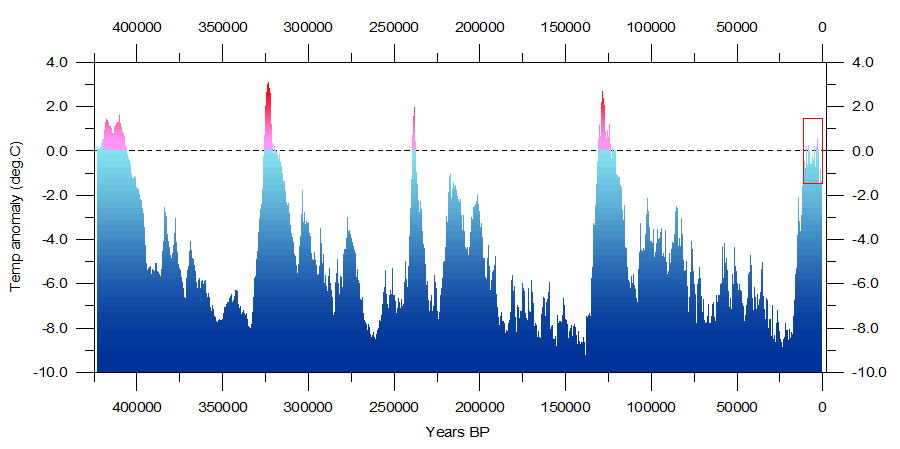Saigon
Gold Member
The New IIPC report (the first since 2007) is not expected to be realised before 2014, but the excellent Der Spiegel offers some fascinating predictions in this very objective and balanced article as to what the report includes.
The new forecasts, the insiders say, will be more or less the same as the old ones, just more precise.
1) Precipitation forecasts will be made more conservative:
Computer models certainly show a clear trend: In places where it already rains a great deal, it will rain even more; and where it is currently dry, it will grow even drier. That's the theory, at least. The only problem is that, so far, these forecasts have not matched reality.
2) Rising ocean levels predictions will be increased:
The last assessment report predicted a fairly conservative range of 18 to 59 centimeters (7 to 23 inches). In retrospect, most oceanographers and glaciologists find that estimate too low and say it fails to adequately take into account data suggesting that mountain glaciers and Greenland's continental ice will melt more quickly than initially predicted. The new IPCC report is expected to predict that coastal waters may rise almost a meter (3.3 feet) higher than they are today -- although that level won't be reached for 100 years.
3) Predictions concerning storms will be retracted:
There has been widespread concern that increased global warming could bring about more serious storms, but current long-range forecasts don't suggest such a trend. In fact, the number of hurricanes each year is expected to drop, although peak winds in tropical storms may increase somewhat.
4) Temperature predictions made more accurate:
The scientists' simulations show that if humans continue to emit the same amount of greenhouse gases into the air, the average global temperature will rise by an additional 2 degrees Celsius (3.6 degrees Fahrenheit). The Earth has already grown warmer by about 1 degree Celsius over the last 100 years, making a total change of 3 degrees Celsius.
Insiders: 2013 IPCC Report Will Offer More Precise Climate Predictions - SPIEGEL ONLINE
The new forecasts, the insiders say, will be more or less the same as the old ones, just more precise.
1) Precipitation forecasts will be made more conservative:
Computer models certainly show a clear trend: In places where it already rains a great deal, it will rain even more; and where it is currently dry, it will grow even drier. That's the theory, at least. The only problem is that, so far, these forecasts have not matched reality.
2) Rising ocean levels predictions will be increased:
The last assessment report predicted a fairly conservative range of 18 to 59 centimeters (7 to 23 inches). In retrospect, most oceanographers and glaciologists find that estimate too low and say it fails to adequately take into account data suggesting that mountain glaciers and Greenland's continental ice will melt more quickly than initially predicted. The new IPCC report is expected to predict that coastal waters may rise almost a meter (3.3 feet) higher than they are today -- although that level won't be reached for 100 years.
3) Predictions concerning storms will be retracted:
There has been widespread concern that increased global warming could bring about more serious storms, but current long-range forecasts don't suggest such a trend. In fact, the number of hurricanes each year is expected to drop, although peak winds in tropical storms may increase somewhat.
4) Temperature predictions made more accurate:
The scientists' simulations show that if humans continue to emit the same amount of greenhouse gases into the air, the average global temperature will rise by an additional 2 degrees Celsius (3.6 degrees Fahrenheit). The Earth has already grown warmer by about 1 degree Celsius over the last 100 years, making a total change of 3 degrees Celsius.
Insiders: 2013 IPCC Report Will Offer More Precise Climate Predictions - SPIEGEL ONLINE


